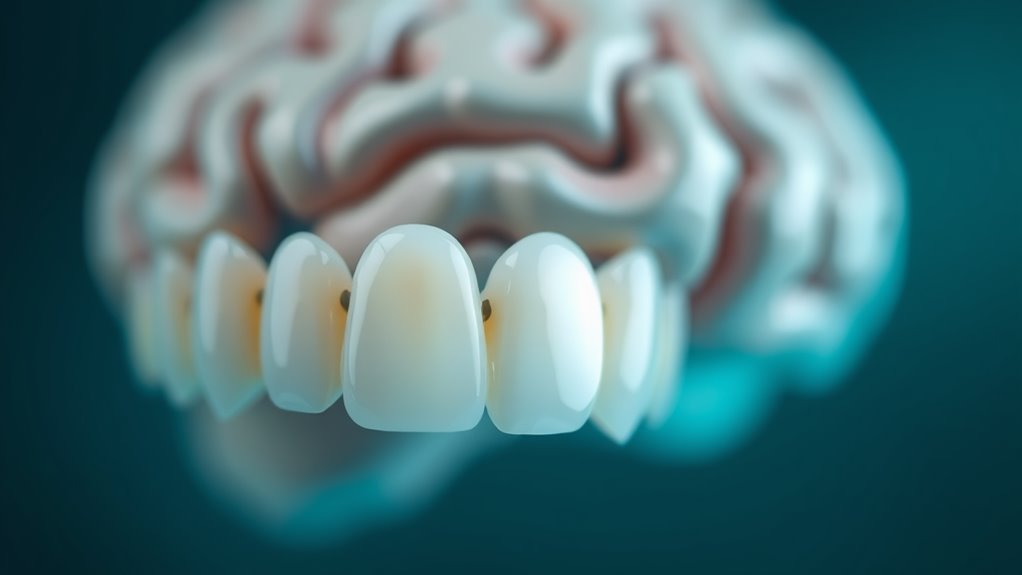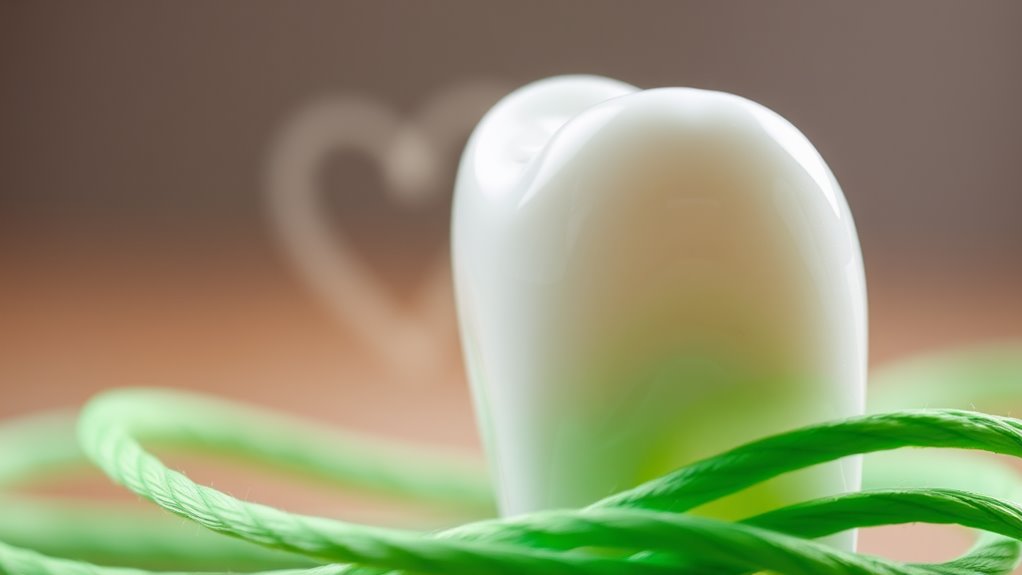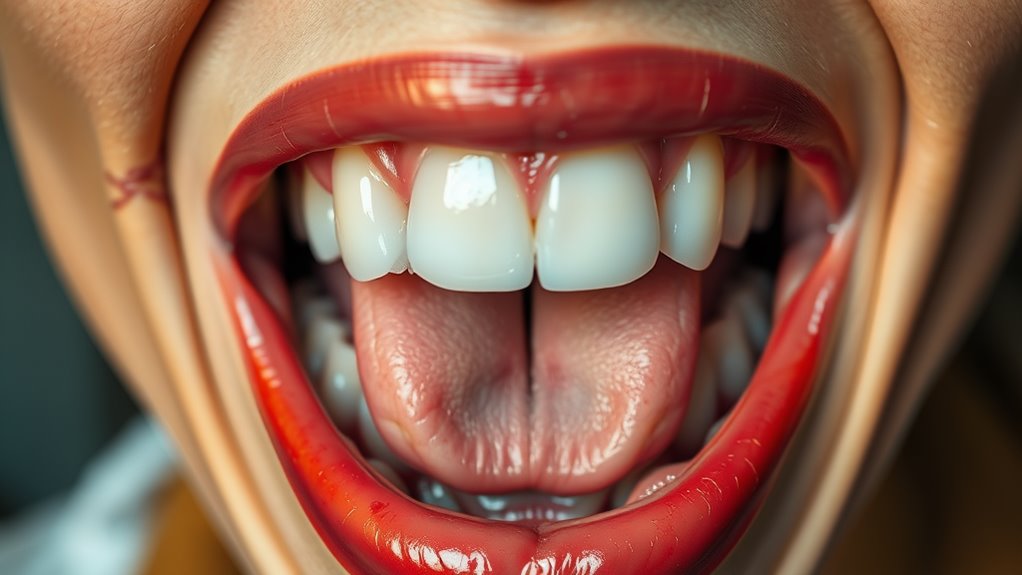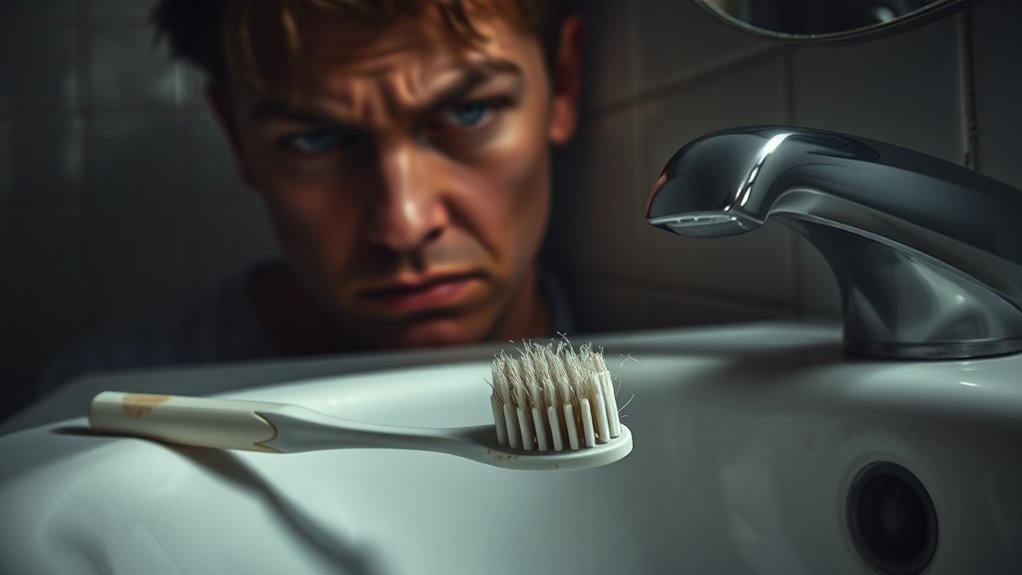The Connection Between Oral Health and Better Sleep
You might not realize it, but your oral health can directly affect the quality of your sleep. Issues like gum disease and tooth decay can create discomfort, making it harder to get restful sleep at night. Additionally, conditions such as sleep apnea are often linked to poor oral health. Understanding this connection is essential, and knowing how to address it can lead to significant improvements in your overall well-being and sleep quality. What steps can you take to enhance both?
Understanding Oral Health and Its Importance
While you mightn’t think of oral health as a priority in your daily routine, it plays a crucial role in your overall well-being.
Good oral health promotes better sleep by reducing discomfort and preventing issues like tooth decay or gum disease.
Caring for your teeth and gums isn’t just about appearance; it’s essential for restful nights and enhanced daily functioning. Additionally, good oral hygiene can help mitigate risks associated with heart health, further improving your sleep quality.
How Gum Disease Affects Sleep Quality
Gum disease, often overlooked, can significantly disrupt your sleep quality.
Inflammation and pain from gum disease may lead to discomfort, making it difficult to find a restful position at night.
Additionally, the bacteria involved can contribute to systemic issues, including sleep apnea.
Addressing gum disease through proper oral hygiene and dental visits is essential for improving your overall sleep and health. Poor oral health correlates with systemic issues that exacerbate sleep disturbances, highlighting the importance of maintaining good oral hygiene.
The Impact of Tooth Decay on Restfulness
Tooth decay can quietly undermine your ability to achieve restful sleep. The discomfort from cavities often leads to pain and sensitivity that disrupts your nightly rest. Additionally, the anxiety surrounding dental issues can create stress, making it harder to relax. Prioritizing oral health through regular dental visits and proper hygiene can help prevent tooth decay, ensuring you enjoy deeper, more restorative sleep. Furthermore, understanding that not all cavities cause pain is crucial for recognizing the importance of early detection and treatment.
The Role of Sleep Apnea in Oral Health
If you struggle with sleep apnea, it’s crucial to understand its connection to your oral health.
Sleep apnea can lead to issues like dry mouth, tooth grinding, and gum disease, all of which can exacerbate your condition.
Moreover, the airway obstruction may cause oral bacteria to flourish, increasing cavities.
Addressing these concerns with a dental professional can improve both your sleep and overall health.
Tips for Maintaining Good Oral Hygiene
Addressing oral health concerns is particularly important for those with sleep apnea, as neglecting proper care can worsen existing issues. To maintain good oral hygiene, brush twice daily, floss regularly, and schedule dental check-ups. Regular dental check-ups are essential for early detection of problems, which can help prevent further complications.
| Action | Frequency | Benefit |
|---|---|---|
| Brush | Twice daily | Removes plaque |
| Floss | Daily | Prevents gum disease |
| Dental check-up | Every 6 months | Detects issues early |
Strategies for Enhancing Both Sleep and Oral Health
While you may not realize it, your oral health can significantly impact your sleep quality.
To enhance both, practice good oral hygiene by brushing and flossing regularly. Consider using a mouthguard if you grind your teeth at night. Additionally, establishing a calming bedtime routine and maintaining a sleep-conducive environment can improve both your sleep and oral health effectively. Improving your oral hygiene routine can lead to better sleep quality and energy levels throughout the day.




